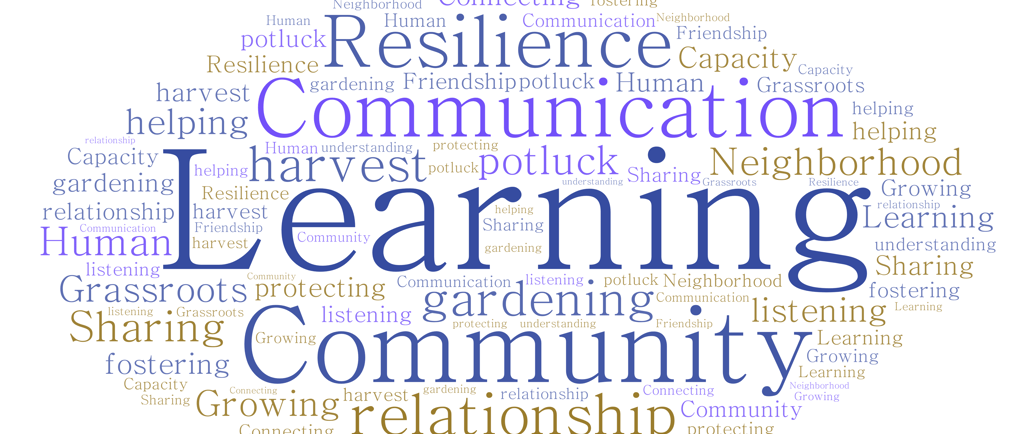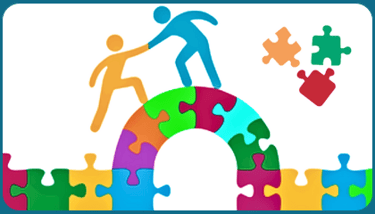Breaking Free from Assumptions: Embracing Humanity and Expanding Perspectives
Understanding the work we need to do to find and accept our human commonalities!
PARADIGM SHIFT
Mark Boatwright-Frost
9/29/20244 min read


Understanding Assumptions and Their Role in Our Lives
Assumptions are fundamental mental constructs that enable individuals to navigate daily life by providing a framework for interpreting reality. They can be understood as beliefs or ideas that we accept as true without requiring evidence or validation. These cognitive shortcuts often stem from personal experiences, cultural backgrounds, and social environments, facilitating quick decision-making and reducing cognitive load. However, while assumptions aid in processing information efficiently, they can also create barriers to understanding others and hinder our social interactions.
The formation of assumptions is largely influenced by experiential data, which includes prior encounters, cultural teachings, and even familial expectations. This psychological phenomenon enables people to draw conclusions about situations and individuals based on limited information. For instance, experiencing a negative interaction with a person from a particular demographic may lead to a generalized assumption about all individuals from that group. Such cognitive biases often perpetuate misconceptions and stereotypes, affecting interpersonal relationships and societal cohesion.
Moreover, societal norms play a significant role in reinforcing assumptions. These norms shape our perceptions of acceptable behaviors and beliefs, leading individuals to conform to established patterns instead of seeking diverse viewpoints. Consequently, this leads to a cycle where alternative perspectives are often excluded or dismissed. Recognizing the limitations imposed by assumptions is paramount in fostering empathy and understanding in a diversified world. By challenging our preconceived notions and acknowledging their potential inaccuracies, individuals can expand their horizons, embrace humanity more broadly, and cultivate a richer understanding of the complexities of human behavior.
The Cultural Framework: Tools of Limitation and Exclusion
Culture shapes our perceptions and influences how we interact with the world around us. It encompasses a wide range of elements, including norms, values, and institutions, that condition individuals to adopt specific viewpoints. These cultural frameworks, while providing a sense of identity and belonging, can also serve as limiting tools that promote exclusion and encourage assumptions about others. By internalizing societal expectations, individuals often unknowingly marginalize alternative perspectives, resulting in a narrow focus on their own realities.
For instance, educational systems play a pivotal role in shaping individual worldviews. The curriculum often reflects predominant cultural narratives, which can lead students to perceive these narratives as the only truth. Consequently, when alternative viewpoints are not represented or emphasized, students may develop biases that contribute to a siloed understanding of complex issues. The lack of exposure to diverse perspectives not only reinforces existing stereotypes but also perpetuates cultural assumptions that detract from inclusive thinking.
Media also functions as a cultural tool that can either promote inclusivity or reinforce exclusionary practices. The portrayal of various social groups in news, entertainment, and digital platforms frequently reflects and amplifies cultural biases, inadvertently shaping public opinion. When media narratives fail to encompass a wide range of experiences, they can lead audiences to adopt narrow perspectives that perpetuate assumptions about others.
Family teachings also play a significant role in framing individual outlooks. The values instilled during formative years often dictate how individuals perceive the world. If families prioritize certain norms while devaluing others, it becomes increasingly challenging for individuals to embrace diverse perspectives. To break free from these cultural limitations, it is essential to question the frameworks that govern our understanding, allowing for broader cognitive horizons that promote empathy and inclusivity.
The Consequences of Remaining in Our Silos
Remaining in our intellectual and social silos can lead to significant consequences that impact not only individuals but also the broader community. One of the most pronounced effects of siloed thinking is the prevalence of misunderstandings. When people restrict their viewpoints and interactions to like-minded individuals, the opportunity to engage with diverse perspectives diminishes, resulting in a lack of clarity and a propensity to misinterpret intentions or beliefs. This lack of understanding can breed unnecessary conflicts, as disagreements arise not from substantive differences in values, but rather from a fundamental misapprehension of others' positions.
Furthermore, the psychological ramifications of maintaining such a limited worldview can be profound. Individuals who exist exclusively within their silos often experience decreased empathy for those who are different. The inability to comprehend the experiences and challenges faced by others can lead to an emotional detachment, making it difficult to cultivate meaningful relationships. As the gap widens, the sense of community weakens, fostering an environment where prejudice and stereotyping can take root.
These personal consequences do not remain isolated; they ripple outwards, affecting community cohesion and societal progress as a whole. A community characterized by siloed thinking is less likely to engage in collaborative problem-solving or innovation. In such an environment, societies struggle to adapt to new challenges due to the pervasive echo chambers that reinforce narrow viewpoints. This stagnation prevents the collective growth that arises from the blending of varied ideas and solutions informed by diverse experiences. Ultimately, the implications of remaining in our silos are vast and multifaceted, highlighting the urgent need for introspection and a conscious effort to embrace a more inclusive dialogue that values the complexity of human experience.
Paths to Embrace Humanity: Expanding Perspectives and Understanding
To break free from limiting assumptions and cultivate a more inclusive and empathetic approach towards humanity, individuals can adopt several actionable strategies. One of the most effective starting points is engaging in self-reflection. This practice involves taking time to examine one’s own beliefs, biases, and the reasons behind these assumptions. Individuals can benefit from journaling their thoughts or discussing their reflections with trusted friends or mentors, thus initiating a deeper understanding of their own perspectives.
Another vital strategy is to practice active listening. This means fully concentrating on what others are saying, rather than merely waiting for one’s turn to speak. By embracing active listening, individuals can genuinely appreciate diverse viewpoints, particularly those that challenge their own beliefs. This not only fosters empathy but also creates room for constructive dialogue, inviting a broader comprehension of various experiences and identities.
Engaging with diverse perspectives is equally crucial in this journey. Attending cultural events, reading works by authors from different backgrounds, or participating in discussions with individuals from varied walks of life can significantly enhance one’s understanding of humanity. Exposure to different stories and experiences can help dismantle ingrained beliefs and assumptions, allowing individuals to view the world through a more inclusive lens.
Additionally, cultivating a mindset of curiosity and openness is essential. When faced with beliefs that contradict personal values, it can be helpful to approach these situations with questions rather than defenses. Such a mindset encourages individuals to seek to understand rather than to judge, paving the way for personal growth and healthier relationships with others.
By adopting these strategies, individuals can embark on a transformative journey that not only enriches their own perspectives but also contributes to a more empathetic and inclusive society. These practices ultimately empower individuals to embrace humanity fully, fostering deeper connections with others and promoting mutual respect.
Ask questions, listen to the answers, reflect on your reactions, stay engaged!
Thoughts on a human future... ~Mark Boatwright-Frost
The Resilient Community Movement
In today's ever-changing world, the importance of fostering resilience within neighborhoods and communities cannot be overstated. By facilitating connections among residents, we empower individuals to share their stories and experiences, creating a strong support network. This collaborative spirit not only enhances the well-being of community members but also amplifies their voices, ensuring that their unique human needs are recognized and addressed.
Contact and Connect
info@reseco.org
© 2024. All rights reserved.
